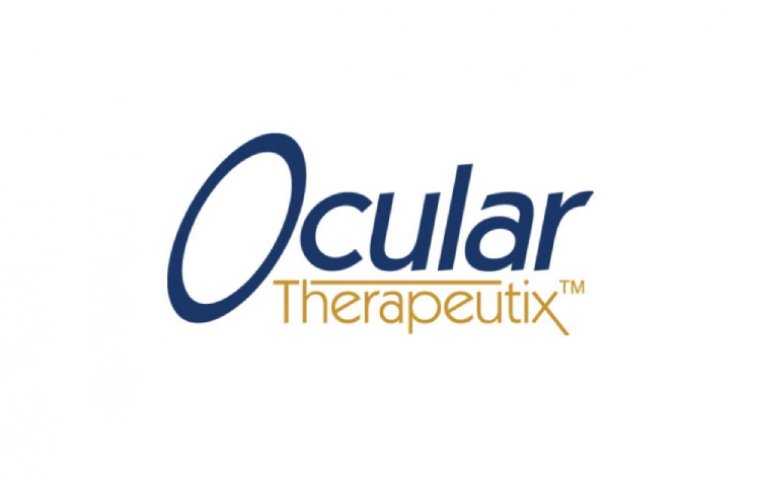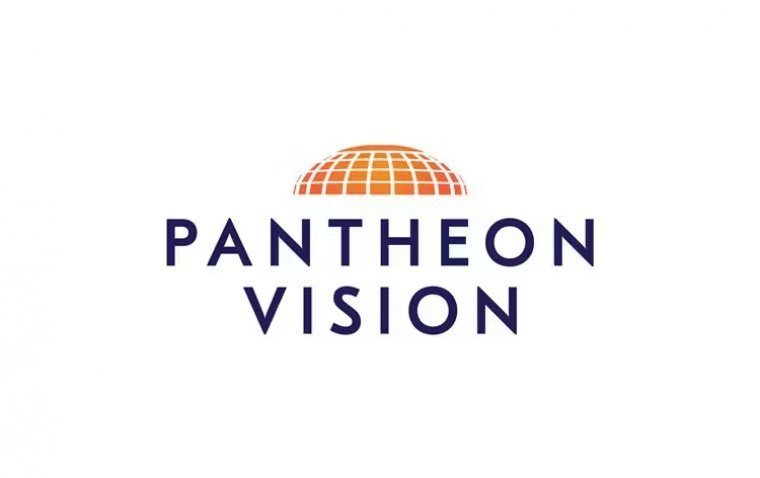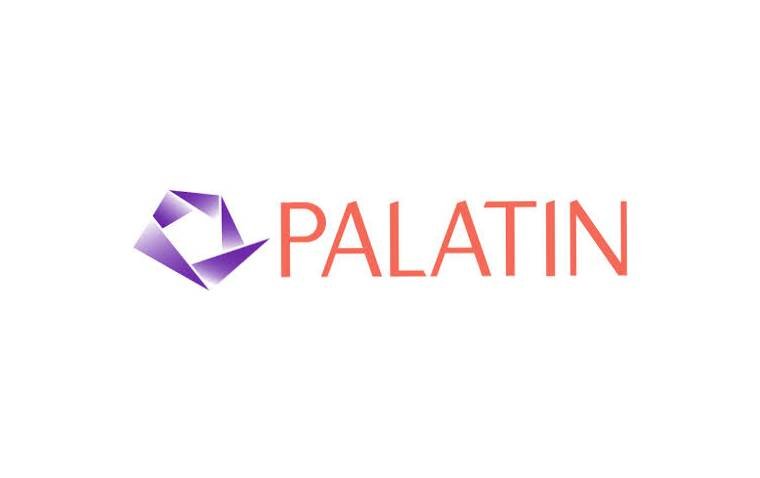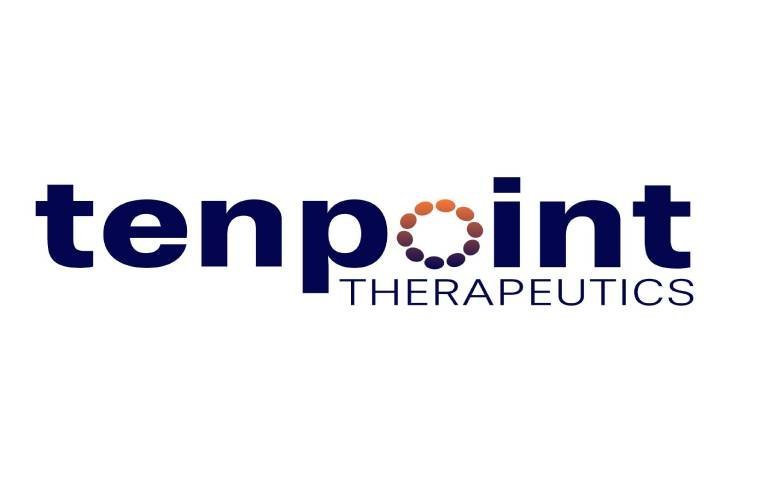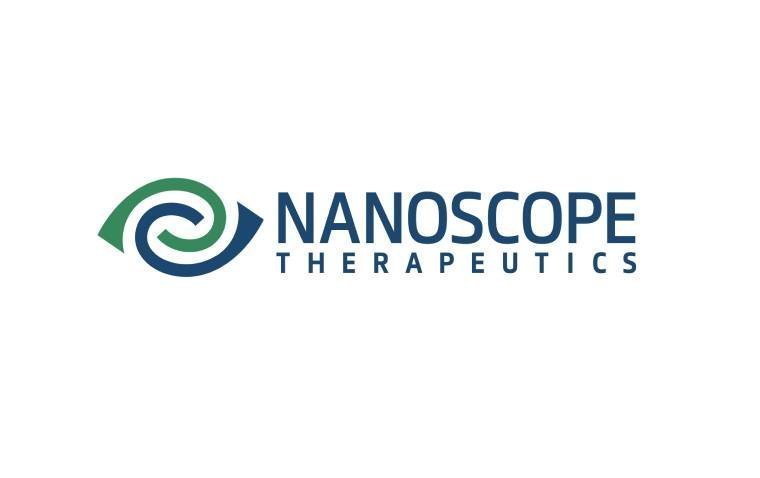
UMass Chan Licenses Gene Therapy to Iveric Bio for Retinal Diseases
UMass Chan Medical School has awarded exclusive global rights for the development and commercialization of innovative adeno-associated virus (AAV) gene therapy products targeting Stargardt disease and Leber congenital amaurosis type 10 (LCA10) to Iveric Bio, an Astellas Company.
While gene therapy breakthroughs in inherited retinal diseases have shown promise, the challenge lies in the large size of both LCA10 and Stargardt genes, limiting the use of AAV vectors for treatment.
In 2017, Dr. Hemant Khanna, then an associate professor at UMass Chan and now VP of preclinical ocular research at Iveric Bio, introduced a "minigene" approach. This approach utilizes clinically standard AAV viral vectors to deliver a truncated version of the gene, overcoming size limitations.
The minigene method enables scientists to administer a condensed version of the mutated gene to patients using AAV viral vectors, producing clinical results irrespective of the mutation's location within the gene.
Parth Chakrabarti, Executive Vice Chancellor for Innovation and Business Development at UMass Chan, expressed excitement about the partnership, stating, "We are excited to be partnering on this minigene approach to treating inherited retinal disorders using standard AAV vectors. As part of the Astellas family of companies, Iveric Bio is uniquely positioned to take this research to the next stage of development."
Stargardt disease affects the macula, leading to impaired central vision. Symptoms typically manifest in children, teenagers, and young adults, causing blurry, distorted, or darkened vision. Peripheral vision is usually unaffected, but issues with color distinction and delayed adjustments between bright and dark areas may occur.
Leber congenital amaurosis is a degenerative disease resulting from recessively inherited genetic mutations impeding the production of a light-sensitive protein in the retina. Mutations in the CEP290 gene, responsible for up to 25% of cases, contribute to this condition.
This collaboration between UMass Chan and Iveric Bio holds promise for advancing gene therapy solutions for these rare inherited retinal disorders, offering hope for improved treatment outcomes.
(1).jpg)
